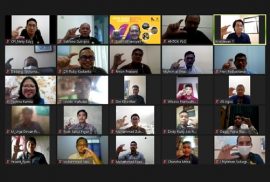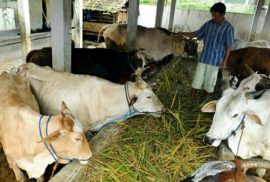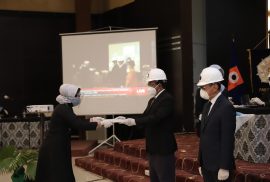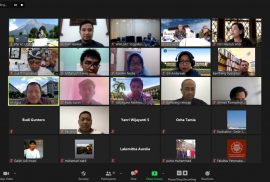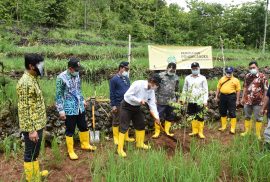The Work Based Academy, a work and study program initiated by the Faculty of Animal Science (Fapet) UGM and PT Charoen Pokphand Indonesia, Tbk is expected to be a breakthrough in producing skilled and excellent human resources in livestock. This program will be held again in November 2020—April 2021.
This was stated by the Dean of Fapet UGM, Prof. Dr. Ir Ali Agus, DAA., DEA., IPU., ASEAN Eng. as the originator of the WBA program when contacted on Monday (1/2).
“Based on the projections of the International Labor Organization (ILO) and BAPPENAS in 2020, Indonesia still lacks experts in various industrial sectors. Only 10.7% or 13.4 million people included into the expert category out of 126.4 million workers. In fact, Indonesia is the largest labor provider in ASEAN,” said Ali.

